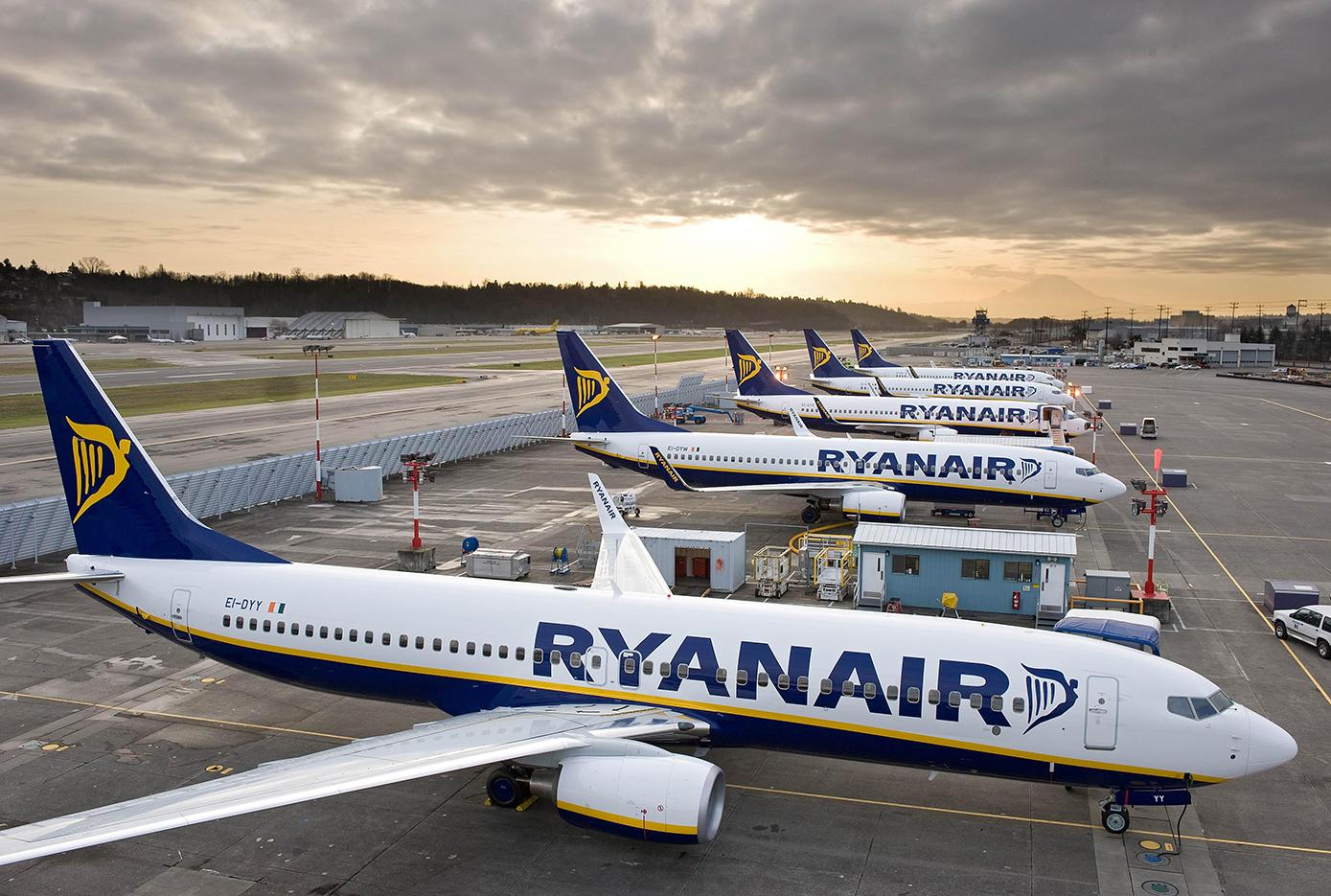
Airlines for Europe (A4E) and European Regions Airline Association (ERA) have called on European Union transport ministers to introduce a “comprehensive package of measures” in order to ensure the survival of airlines and drive economic recovery once the COVID-19 coronavirus crisis ends.
The appeal comes as IATA said it expects the global airline industry to need $150-200 billion in financial assistance to survive the pandemic.
In a joint letter ahead of an EU Transport Ministerial Meeting on March 18, A4E and ERA outlined four areas that must be addressed: airport slots; the European single aviation market; passenger rights; and stimulus packages.
The letter said any flight restrictions, particularly within the Schengen area, must be based on a “careful risk assessment and be proportionate to the public health risk.” Additionally, the industry groups urged that the economic supply chain continues throughout this crisis, meaning cargo aircraft, ships and trucks must be able to operate, with “special precautions to protect crews and the general public.”
In order to support the air transport sector, the airline associations called for the deferral of air traffic control charges and aviation taxes at EU or national level to aid in the sector’s future recovery. They said European airlines should be eligible to receive direct support from EU funds via guarantees or credit facilities.
On airport slots, A4E and ERA welcomed moves to grant airlines a temporary waiver until June 30, saying it was a “good first step.”
“However, the severe impact of the crisis, which has effectively led to a collapse in the demand for air travel and will see massive aircraft groundings, will be felt beyond June,” the joint letter said.
“In order to provide greater legal clarity and predictability, but also to avoid seeking extensions on a rolling basis, Member States should consider extending the waiver to the full length of the summer season (i.e. until end of October 2020).”
Furthermore, the airline associations urged clarity on Regulation EU261/2004, which relates to compensation and assistance to passengers in the event of canceled flights. They said there should be an official declaration advising that COVID-19 constitutes “extraordinary circumstances” and hence does not give rise to compensation payments.
The letter, signed by A4E managing director Thomas Reynaert and ERA director general Montserrat Barriga, came as IATA provided an update on the estimated financial impact of COVID-19 to airlines.
IATA director general and CEO Alexandre de Juniac said the industry is facing losses in the region of $40 billion for 2020 and $150-200 billion in government financial assistance is needed.
“Time is of the essence. Governments cannot take a wait-and-see approach,” de Juniac said.
“We have seen how dramatically the situation has deteriorated globally in a very short time. They must act now and decisively.”
In a presentation, IATA chief economist Brian Pearce stressed that airlines are fast running out of cash, saying that the typical carrier had just two months’ worth of cash at the start of the year.
On Tuesday, EU leaders confirmed the proposed closure of the EU’s external and Schengen borders for at least 30 days.
“To limit the spread of the virus globally, we agreed to reinforce our external borders by applying a coordinated temporary restriction of nonessential travel to the EU for a period of 30 days,” European Council Charles Michel said.
European Commission President Ursula von der Leyen added: “We are ready to do everything that is required. We will not hesitate to take additional measures as the situation evolves.”
Photo credit: A4E
